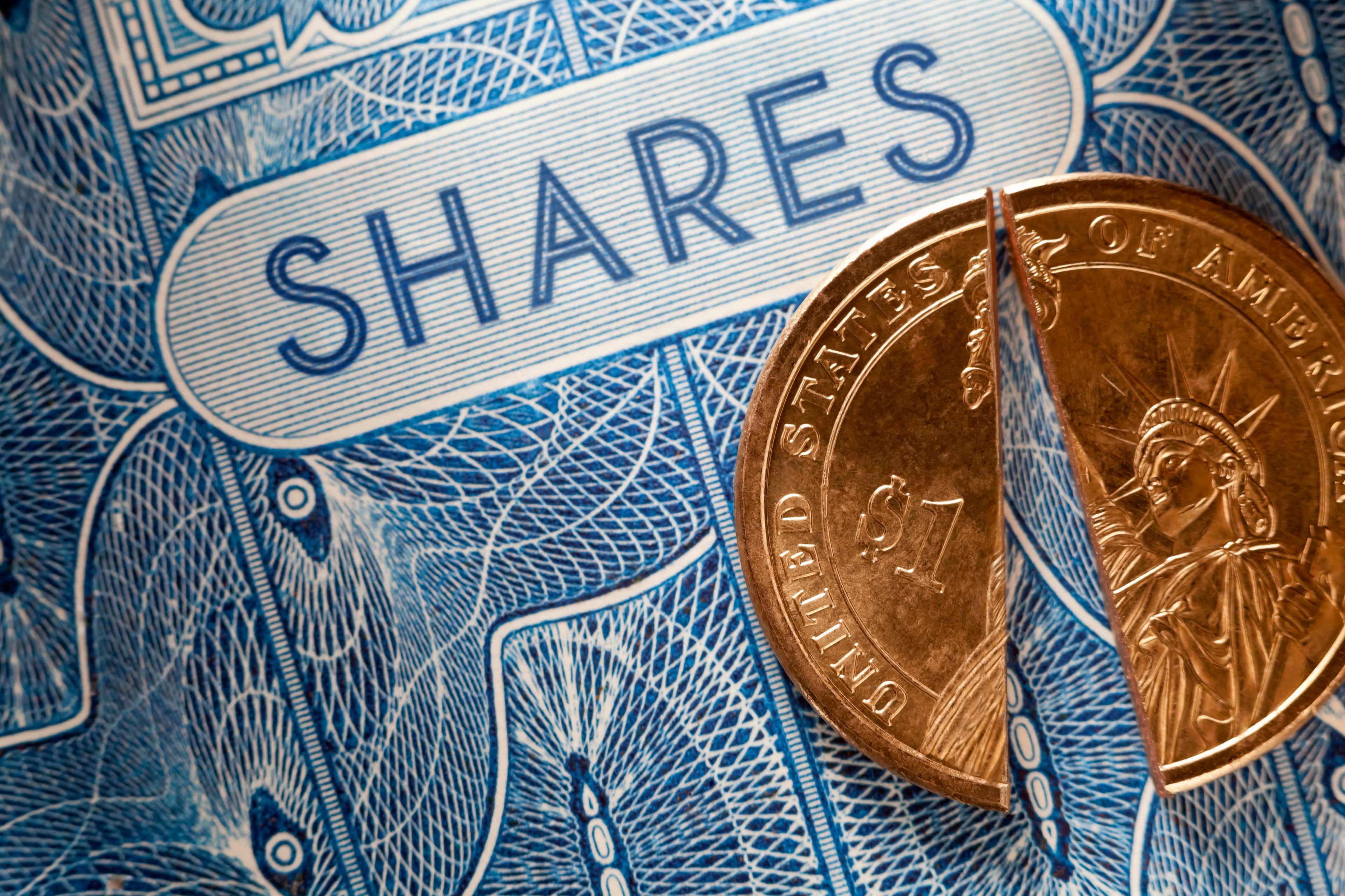Social networking giant Facebook (FB 1.40%) will host its annual shareholder meeting on May 30. Ahead of the gathering, Facebook has released its proxy statement, which details the proposals that will come up for a vote. The company has already been facing rising investor unrest in recent years due to myriad scandals, and there are the usual -- and futile -- calls for CEO Mark Zuckerberg to voluntarily relinquish his majority voting power.
However, in a stunning turn of events, a stockholder proposal goes as far as to call for Facebook to be broken up. Some politicians have been making that argument for months now, and it seems some shareholders agree.

Image source: Facebook.
Breaking up is hard to do
"Shareholders of Facebook, Inc. ("Facebook") request that the board of directors begin an orderly process of retaining advisors to study strategic alternatives and empower a committee of independent directors to evaluate those alternatives in exercise of their fiduciary responsibilities to maximize shareholder value," the proposal reads.
Facebook has grown exponentially over the years and accumulated incredible market share and power, which have led to calls for the company to be broken up. Management's response to its ongoing crises has seemed "uninformed," according to the proposal's supporting statement. "It appears that Facebook may be too large and complex to be managed effectively," the submitting shareholder writes. The proposal notes that the controversies have weighed on Facebook's share price, which lost roughly 24% of its value in the first 11 months of 2018. Consumer trust in the company has also plummeted.
In order to maximize shareholder value, the proposal calls for Facebook to consider canceling Zuck's supervoting Class B shares and/or the "sale of one or more subsidiaries."
Facebook fires back
Of course, Facebook opposes the proposal and the board of directors recommends that shareholders vote against it. The board argues that under Zuckerberg's leadership, the company has "established a track record of creating value for our stockholders and navigating important opportunities and challenges." Facebook says it is now focused on addressing major social issues facing the company, building new experiences, supporting third-party businesses that rely on Facebook, and communicating more transparently.
There's no possible way the proposal will pass, as Zuck will single-handedly vote it down. While the young chief executive has been selling off some of his stake in order to fund his philanthropic efforts, he still wields 53% voting power. When including co-founder Dustin Moskovitz's shares, which Zuckerberg secured irrevocable voting proxy over as part of a settlement years ago, His Zuckness' total voting power increases to 57.7%.
If Facebook is ever to be broken up, it won't be from a shareholder proposal. The action would have to come from government officials or regulators.






